Addiction treatment is available in different degrees of intensiveness, tapering from in-hospital emergency medical care down to weekly outpatient treatment. Spanning that range are: medically supervised detox, partial hospitalization programs, residential inpatient treatment, intensive outpatient, and aftercare.
The level of care a woman receives naturally affects her treatment experience. Level of care determines what type of treatment environment she’ll be in, and how intensively services are administered during her time in the program. Factors like whether she’ll be living at home while participating in a day program, or instead staying at a round-the-clock care facility, may have huge impacts on her ability to participate wholeheartedly.
At the end of the day, recovery is very often about learning to surrender. But women who present with symptoms of substance addiction, mental illness, and trauma have, more often than not, been disempowered, let down, and hurt by systems and authorities who were supposed to help them, in the past. In order to feel safe letting their guard down enough to heal now, they need to be able to access information about their treatment options and to be able to say yes or no with full understanding of what will be involved.
This requirement for informed consent to treatment includes the determination of which level of care will be best for them. To be able to make informed choices about treatment is necessary for any health care to work, otherwise scared parts within who didn’t fully understand or say yes to implications of treatment can sabotage or run interference, blocking treatment progress as a way to regain some feeling of agency.
In this article, we here at Villa Kali Ma share some perspectives as to why, from our point of view, treatment for addiction is often most effective when administered in a residential facility. As a holistic provider, we favor retreat-like environments that balance the firmness, consistency, and safety of inpatient care, with women’s legitimate needs for softness, comfort, ease, peace, and beauty of environment in order to feel safe and held during the recovery process. Read on to find out more about why we feel this to be the best option for most women in need of treatment.
Why Residential Addiction Treatment Leads to Better Outcomes
One of the most reliable predictors of success in recovery is how long a person stays in a structured, supervised rehab environment in the beginning of their sobriety. The longer a woman sequesters in a safe, healing shelter of residential rehab, the more likely she is to make it out in the world once she leaves.
In this era of quick fixes, competing health crises and challenged financials, this data point can feel like bad news at first. But it is also common sense; recovery is not, nor should it be, a rush job.
In fact, pushing to make symptoms disappear so we can get back to functioning in “the real world” is often part of the internal environment of distress. Rather than pressuring women to make their trauma, mental-emotional pain and disordered behavior disappear on the surface – driving illness further underground – we need to support women to fully recover at root cause levels.
If you are in a position to take your time in residential rehab, it is in your favor to do so. For financial and practical reasons, many people may choose to participate in an intensive outpatient program (IOP) instead, and there are good reasons to go with that option. Villa Kali Ma has an intensive outpatient program as well, and we know firsthand how beneficial it is for women who are best served by that level of care.
Outcome studies clearly show that residential rehabilitation followed by IOP is more effective than IOP alone, and that the more time spent in residential, the better a woman is likely to fare after treatment.
Key Benefits of Immersive, 24/7 Support
Here are some of the reasons residential rehabilitation is the way to go for most women with serious cases of trauma, addiction, and mental illness.
- Residential rehab is associated with deeper and more long-lasting therapeutic outcomes. The retreat-like, sequestered context of residential treatment makes it possible to be fully immersed in the treatment process without any other life concerns and responsibilities breaking focus or triggering a return to old habits. Therefore the potency of treatment is stronger, compared with treatment hours received in outpatient settings.
- Residential Rehab works better to form new habits and anchor lifestyle. changes. Due to a 24-7 schedule of activities structuring everything from diet, exercise, and sleep, residential rehab provides a more thorough reset, and anchors that reset more firmly into the brain, body, and nervous system.
- Residential Rehab creates stronger interpersonal bonds with peers and staff.
Bonds of connection with peers and treatment staff are very important for getting better. A big part of the reason most women use substances is to deal with intense hurts that happened in early life relationships, with family, friends, teachers, and others who hurt us when we were very young and vulnerable. The key intervention to counteract the relational trauma that most women have is to form and sustain strong, safe, loving, appropriate bonds with others who won’t hurt, exploit, reject, or abandon us. Residential rehab is far superior at creating an environment for deep bonding in this way. Bonding requires time spent not only talking, but doing activities together. Living together, cooking, waking up in the same place – all of these provide opportunities to bond in unforced ways.
Who Benefits Most from Residential Care?
If we could give every woman who needs it the chance to recover in a residential treatment facility like ours, that would make us very happy. That said, it’s true that residential care is only a helpful solution when someone is ready for it, and they are able to participate fully.
Women who clearly fall into the category of benefitting from residential care are:
- Women with Co-occurring Mental and Behavioral Health Disorders.
Residential treatment is necessary for women who, in addition to using substances, have another mental health diagnosis. Women who struggle with mental and behavioral health symptoms like depression, emotional volatility, anxiety, cutting, suicidal tendencies, and eating disorders, for example, almost always need residential care to be able to stabilize enough to be able to make progress.
- Women with Trauma
Women who survived childhood sexual abuse or sexual assault are especially advised to receive help in a residential facility. Women with attachment trauma, developmental trauma, relational/complex trauma, and/or other PTSD/single-incident trauma, combined with substance use, fare best in residential treatment. The safety, structure, intensiveness, and away-from-home model are helpful when needing to heal wounds that lie far below the surface-level behaviors connected to using substances.
- Women who aren’t safe in their home environment. Residential treatment is best whenever a woman won’t realistically be able to secure a substance-free, distress-free and violence-free environment at home. The intensive outpatient treatment model requires that when a woman goes home at the end of a treatment day, she isn’t overly bombarded by danger, crises and chaos. Sadly, as we all know, many women are facing exactly that – part of the reason they were using substances to cope in the first place!
Discover Personalized Residential Programs at Villa Kali Ma
At Villa Kali Ma, we take great care to offer a residential treatment environment that is safe, nurturing, and intensively healing. We offer fertile ground for the seed of recovery within you, the part that wants with all of her heart to find a way to get better and to live right.
Everything about the treatment experience we designed for women is conscious, from the softly pleasant environs in sunny coastal hills, to the highly structured day packed with healing nutrients. We offer a rigorous regime of potently effective clinical modalities in our treatment groups and individual sessions. We also provide several kinds of alternative, eastern, and non-medical healing approaches that gently bring a woman back to her true nature in body, mind, and spirit.
If you’re looking to recover from a substance use disorder, consider our retreat-like residential rehab experience for women!

